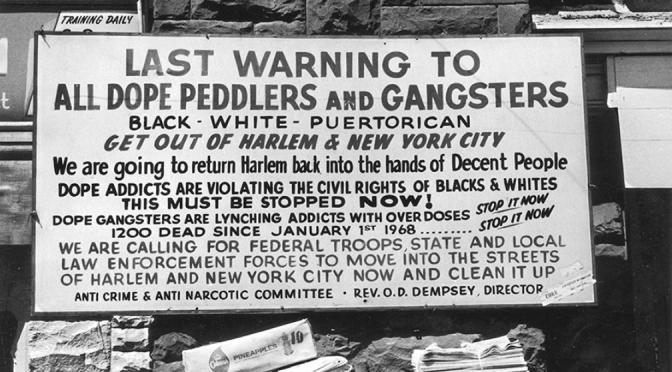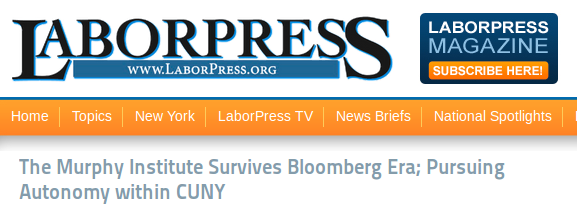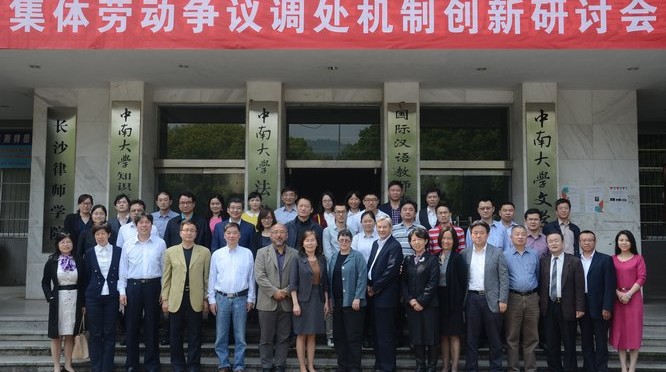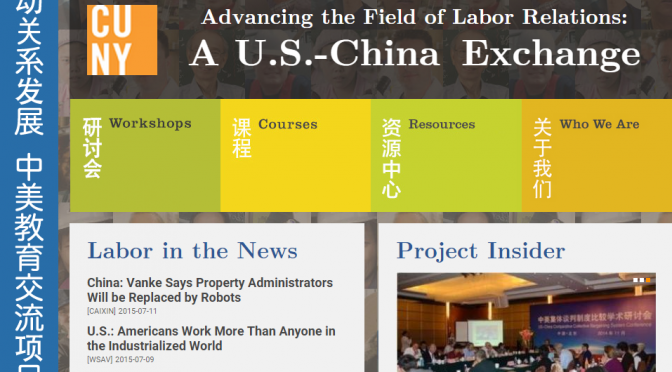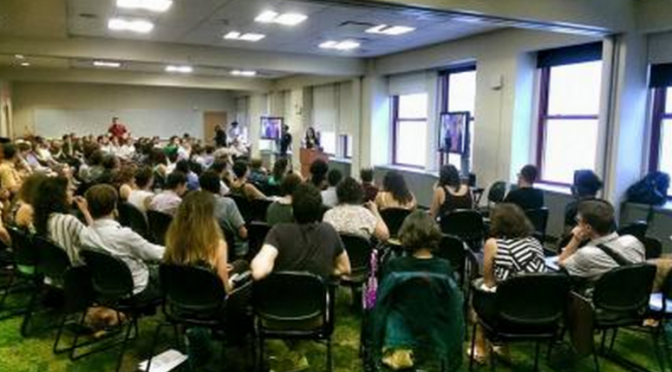Next month marks the launch of Murphy Professor Michael Javen Fortner’s eye-opening new book, Black Silent Majority: the Rockefeller Drug Laws and the Politics of Punishment. A controversial and important account of the role that some in the African-American community played in encouraging punitive policies during the 1970s, in particular the Rockefeller Drug Laws, the book asks vital questions about agency, history and how we can strive for real peace and justice in an era of mass incarceration.
Today, the Chronicle of Higher Education published an article on Fortner and Black Silent Majority (Defending Their Homes: How crime-terrorized African-Americans helped spur mass incarceration, by Marc Parry, Aug 3rd, 2015). In it, Parry describes Fortner’s engagement with Michelle Alexander’s explosive 2010 book, The New Jim Crow: Mass Incarceration in the Age of Colorblindness:
What vexed Fortner was that The New Jim Crow seemed to be two different books. One did a powerful job showing how mass incarceration undermines black communities and perpetuates racial inequality. The other — and this was the vexing part — advanced a political theory about how we got here. That history stressed the resilience of white supremacy. First came slavery; when slavery ended, a white backlash brought Jim Crow segregation; when Jim Crow crumbled, a backlash to the civil-rights movement spawned yet another caste system, mass incarceration. Each time, writes Alexander, an associate professor of law at Ohio State University, proponents of racial hierarchy achieved their goals “largely by appealing to the racism and vulnerability of lower-class whites.” Continue reading Crime, Punishment and the Black Community: the Untold Story of the Rockefeller Drug Laws

